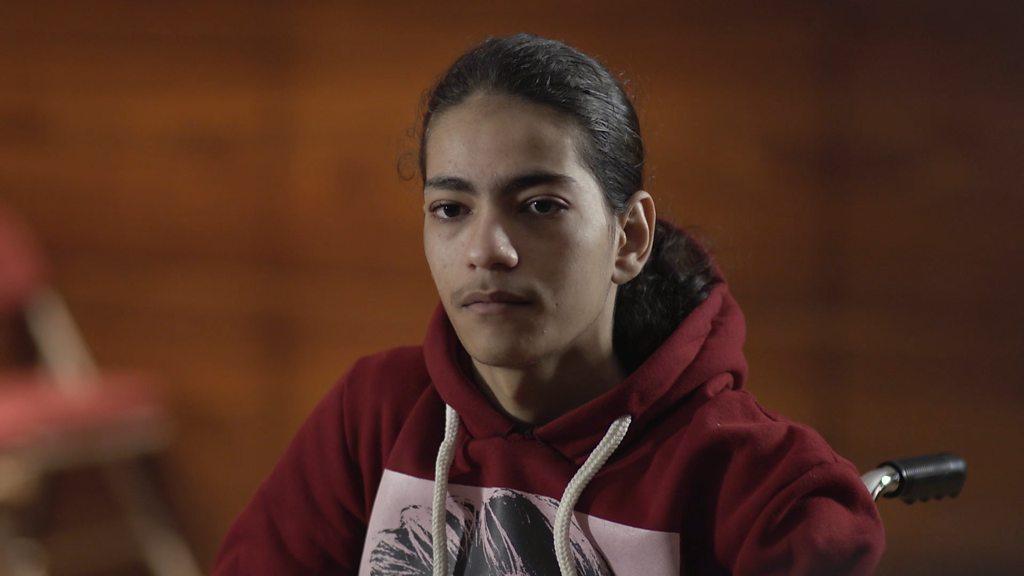Beirut blast: What's happening in the city of Beirut in Lebanon?
- Published
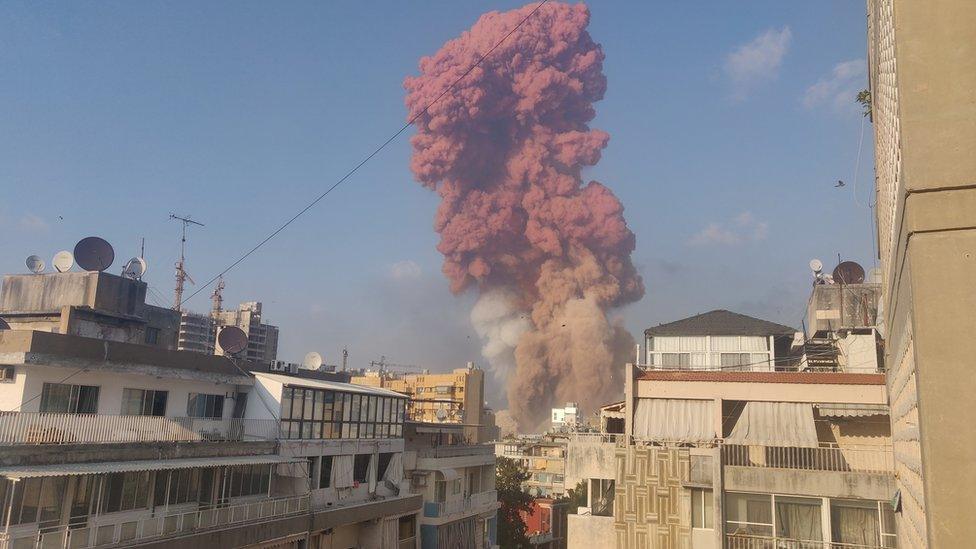
There was huge cloud of smoke from the explosion
Rescuers and emergency teams are working hard to help people in Beirut, the capital city of Lebanon, after a powerful explosion there on Tuesday evening.
It started after a fire broke out at the city's port which led to a big warehouse exploding.
It was unsafely storing thousands of tonnes of an explosive material called ammonium nitrate, according to the country's President Michel Aoun.
The explosion damaged lots of buildings and shattered windows for miles around.
At least 137 people have died and more than 5,000 people were injured by the explosion. Some people are still missing.
The United Nations - a worldwide organisation that brings countries together to look at world issues - has said up to 100,000 children have had to move away from their homes following the blast.
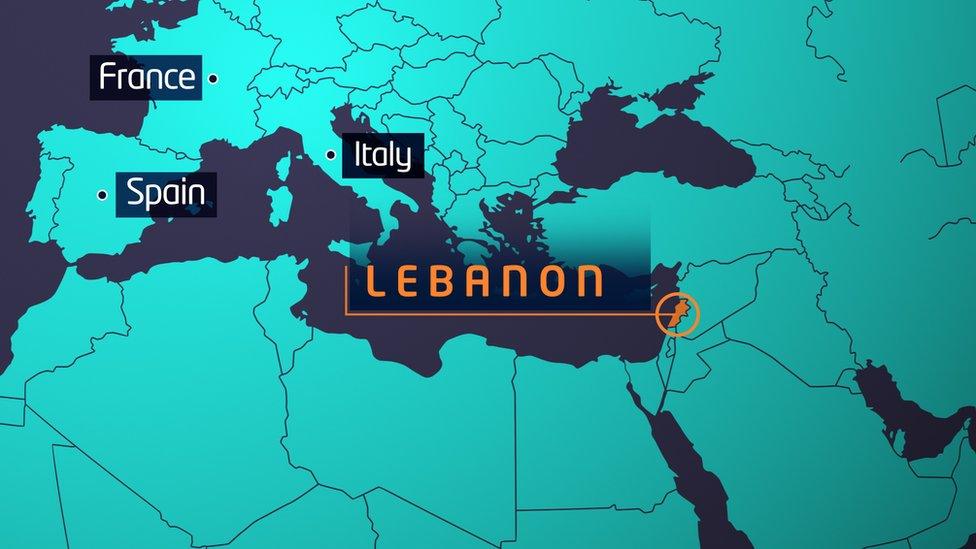
Lebanon is a small country in the Middle East
The country's government has said it will give more than £50million to help those affected and called three days of mourning. Mourning is a way of expressing grief and sadness, and national mourning is a time for everybody to reflect on what has happened.
Other places are helping too - the European Union, Russia, Tunisia, Turkey, Iran and Qatar are all sending supplies and the UK has government said it is also ready to send medical experts and supplies. France is flying over 55 rescuers, medical equipment and a mobile medical clinic that can treat 500 people.
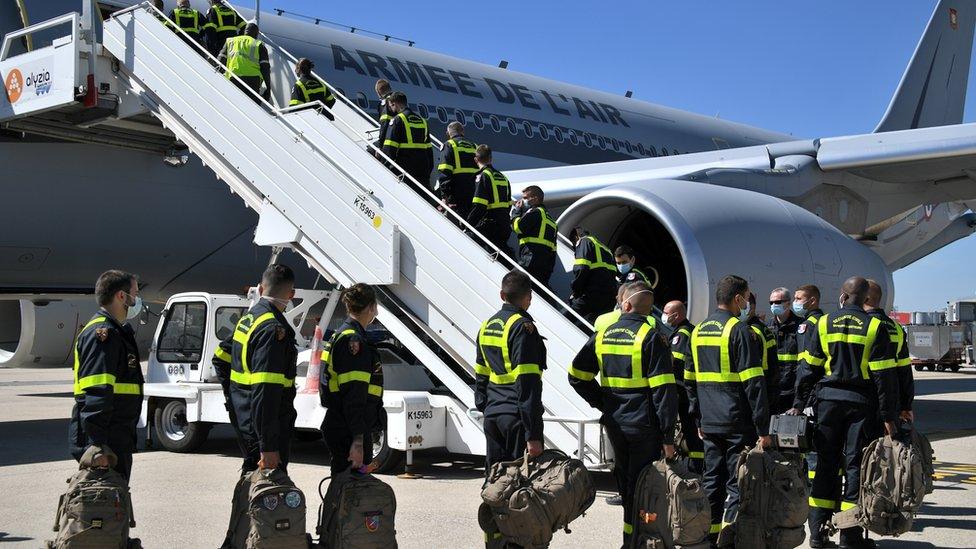
Three plane loads of help is being sent from France to Lebanon
People in Lebanon are angry at the government over the explosion because it has admitted that the chemicals, in the warehouse that exploded, weren't being stored safely.
Lots of people have taken to the streets to protest against the government.
The chemicals could be used for things like farming fertilisers but there are normally strict rules around how to store it to stop anything like this from happening.
But authorities in the country say the rules weren't being followed and they're looking into how and why the explosion - and the fire before it - started. Some people who worked there aren't allowed to leave their homes now until these investigations get under way.
Lebanon used to belong to France and the French President, Emmanuel Macron, visited the city on Thursday and promised help. He also said Lebanon needed to see "profound change" from authorities.
He called for an international investigation into the disaster too.
Lebanon is also going through a tough time at the moment with money worries as well as dealing with the coronavirus pandemic like most countries around the world.
Beirut explosion: How to spot what's real news and what's not
If you are upset by the news, it's important to know that you are not the only one and it's OK to have those feelings. Click here for more tips about what to do if you are feeling sad about what you've seen, heard or read.
- Published29 August 2022

- Published24 October 2019
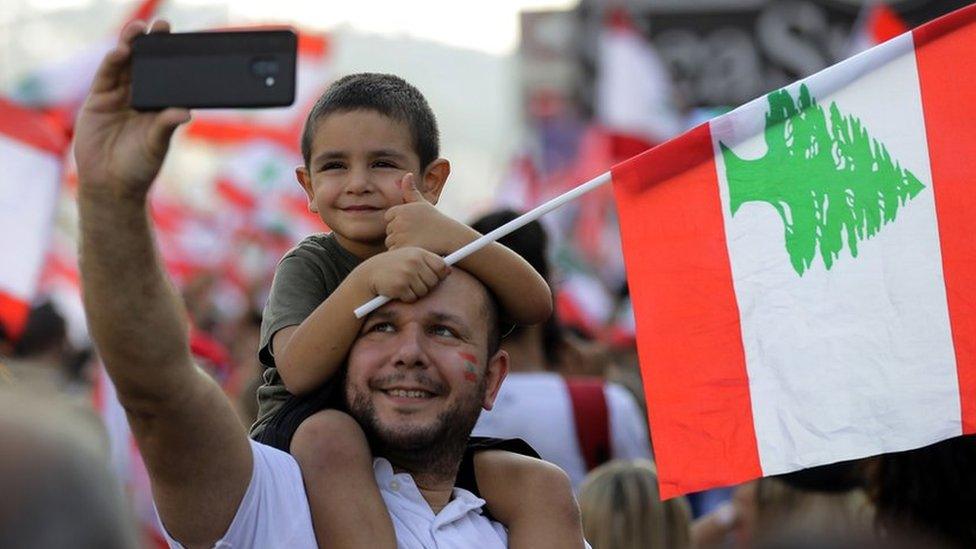
- Published19 June 2019
